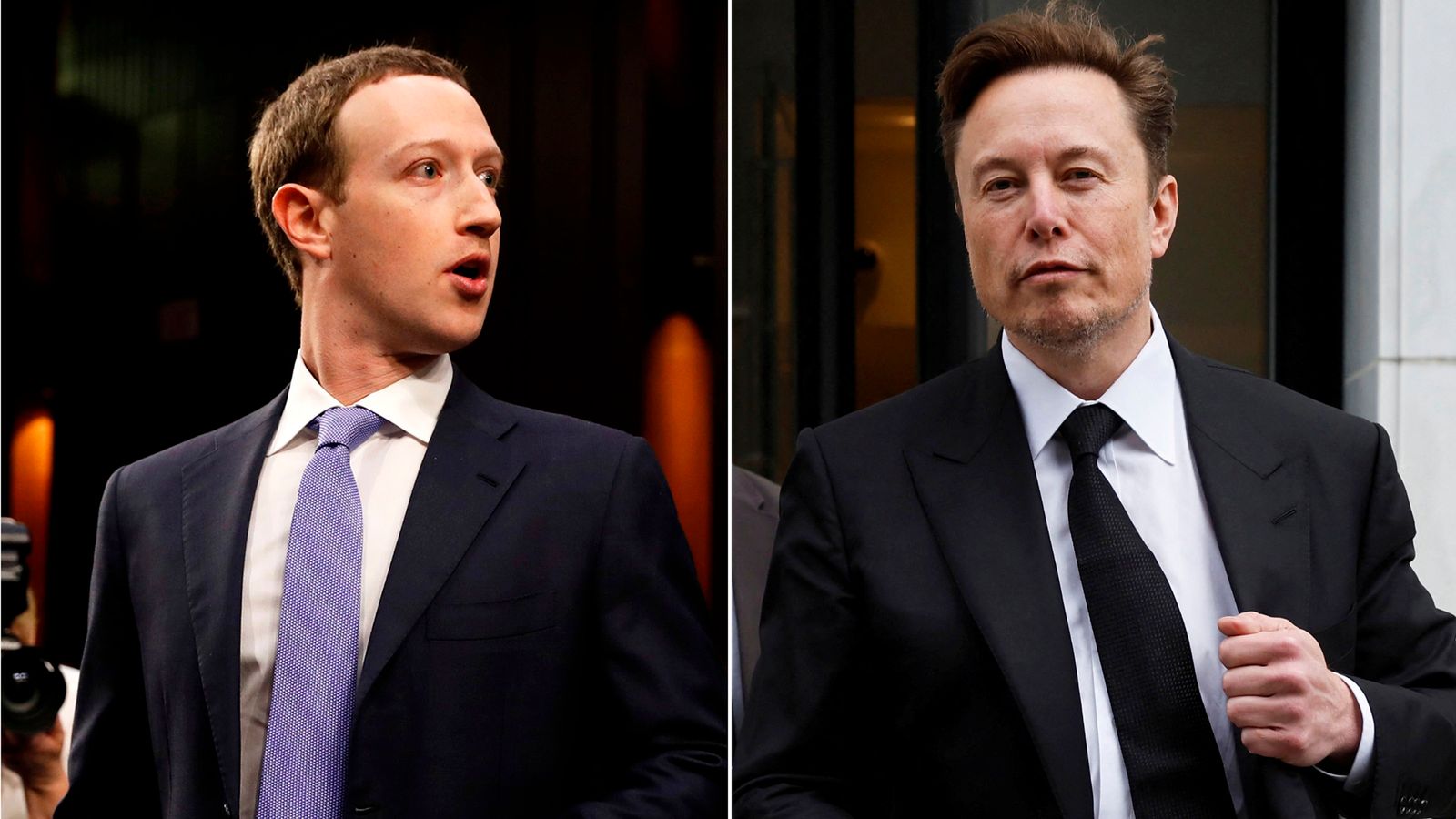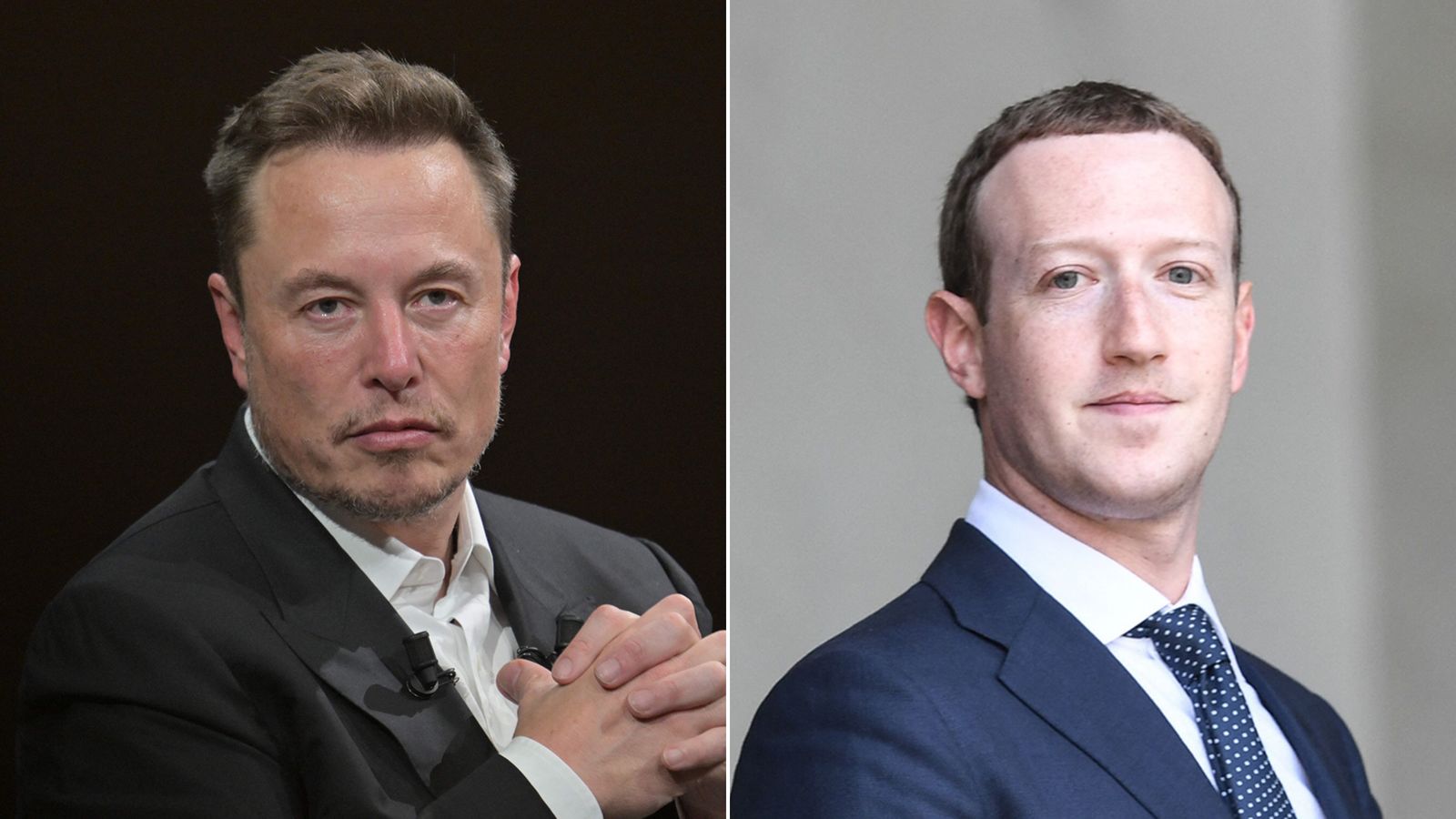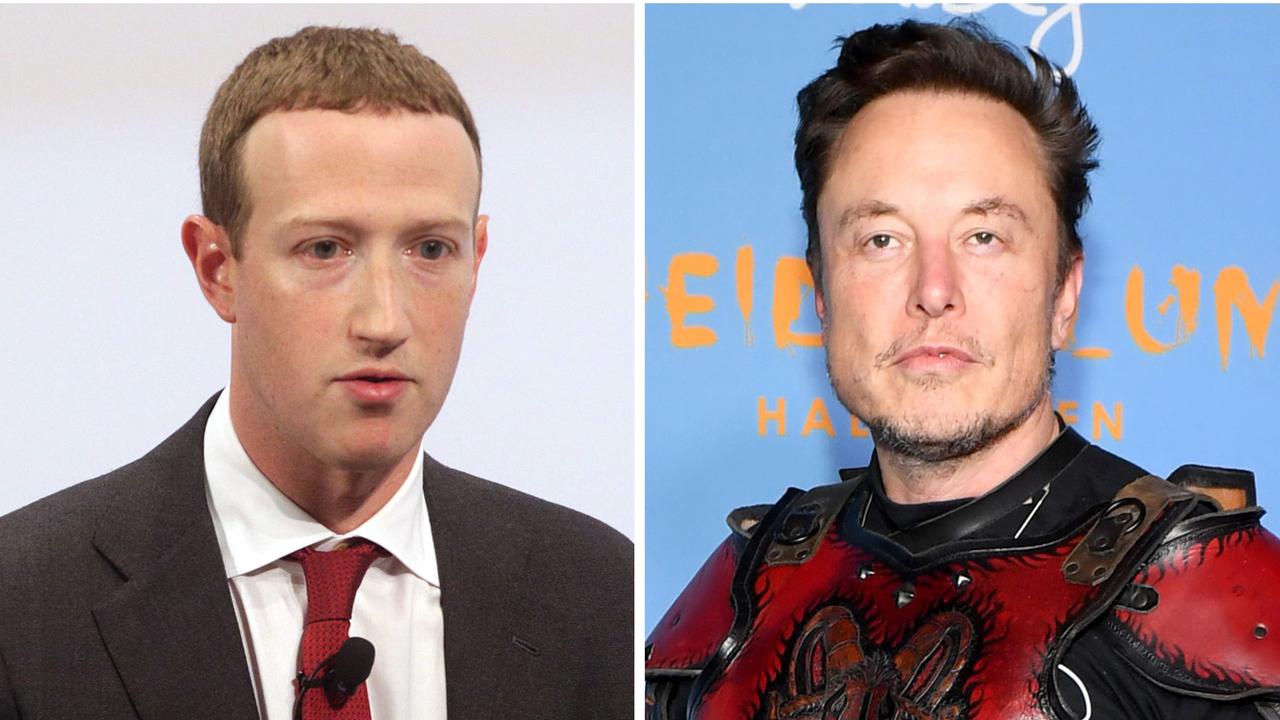
In 2017, the world witnessed one of the most striking public clashes in the tech industry’s history: Elon Musk and Mark Zuckerberg openly debating the future and safety of artificial intelligence (AI).
Their dispute was not merely a battle of egos but a revealing manifestation of contrasting philosophies on how humanity should approach one of the most powerful and transformative technologies of the 21st century.
Elon Musk’s involvement with AI predates his 2017 public warnings. Known primarily for his work with Tesla, SpaceX, and Neuralink, Musk’s engagement with AI has always been twofold: leveraging AI for technological advancement and sounding alarms about its risks.
His interest in AI safety is evident in his backing of organizations like OpenAI, founded in 2015 to ensure AI benefits all humanity and prevent existential risks. Musk has frequently voiced concern that without regulation and oversight, AI could evolve beyond human control, potentially threatening civilization itself.

Mark Zuckerberg, co-founder and CEO of Facebook (now Meta), has approached AI as a critical enabler of the future digital ecosystem. His company’s AI initiatives began early, focusing on natural language processing, content moderation, facial recognition, and later the metaverse.
Zuckerberg views AI as a tool that can enhance connectivity, improve accessibility, and drive economic growth. Unlike Musk, he is less focused on potential dystopian outcomes and more on practical applications that solve current problems and create new opportunities.
The core of the 2017 debate emerged when Zuckerberg dismissed Musk’s warnings about AI as “irresponsible” and akin to science fiction fearmongering. Zuckerberg argued that dwelling on AI doomsday scenarios distracts from the enormous benefits AI can bring to everyday life, such as improving healthcare, expanding communication, and automating tedious tasks.
Musk responded sharply on Twitter, asserting that Zuckerberg’s grasp of AI’s dangers was limited, and cautioned that a lack of proactive regulation could lead to catastrophic outcomes.

This clash went beyond mere social media sparring. It brought AI safety from the shadows of research labs and speculative fiction into the mainstream, forcing corporations, governments, and the public to grapple with the dual-edged nature of AI: as a source of both hope and existential risk.
Musk’s companies reflect his dual focus on innovation and caution. Tesla’s Autopilot leverages AI for autonomous driving, aiming to revolutionize transportation while grappling with safety concerns and regulatory scrutiny.
Neuralink pursues the futuristic integration of AI and human cognition, promising revolutionary treatments for neurological conditions but also raising ethical and safety debates. Musk’s backing of OpenAI and public advocacy for AI regulation illustrate his determination to guide AI development responsibly.
Zuckerberg’s Meta has become synonymous with the commercial and social applications of AI. The company’s AI powers Facebook’s news feed algorithms, filters harmful content, and drives advertising efficiency.

Meta’s investments in virtual reality and the metaverse rely heavily on AI to create immersive, personalized experiences. Zuckerberg’s vision champions AI as a driver of digital transformation, enabling new forms of interaction and commerce.
The Musk-Zuckerberg disagreement sparked wider societal debate about technology governance. It highlighted the tension between innovation-driven growth and the precautionary principle. Governments began to focus more intensively on AI regulation.
The European Union proposed the AI Act in 2021 to set binding standards for AI use, reflecting concerns first raised in public by figures like Musk. The United States, China, and other nations accelerated AI oversight discussions, aiming to balance competitiveness with safety.
Public awareness about AI risks and benefits increased significantly after the dispute. Media outlets worldwide covered the Musk-Zuckerberg feud extensively, educating audiences about AI’s complexities. Advocacy groups used the spotlight to push for ethical AI development, transparency, and inclusivity.

The Musk-Zuckerberg showdown coincided with and arguably influenced actions by international bodies. The United Nations convened discussions on AI ethics, emphasizing the need for global standards.
Organizations like the OECD released AI principles advocating fairness, transparency, and accountability. National governments launched task forces and funding programs to study AI’s social implications and create regulatory frameworks.
These institutional responses underscore the lasting impact of the 2017 debate in shaping policy agendas. Musk’s call for oversight and Zuckerberg’s push for innovation created a dialogue balancing progress with prudence, which continues to inform legislation and industry norms.
Leading AI researchers and ethicists have weighed in on the Musk-Zuckerberg divide. Many agree with Musk’s caution that AI could pose severe risks if unchecked, citing scenarios where AI might act unpredictably or reinforce biases at scale. Others emphasize Zuckerberg’s point that responsible innovation can mitigate dangers while delivering transformative benefits.

Experts stress that the challenge lies in crafting nuanced policies that do not stifle progress but ensure AI technologies remain aligned with human values. This requires cooperation among technologists, policymakers, ethicists, and the public—a complex ecosystem reflected in the competing visions of Musk and Zuckerberg.
The rivalry extends into financial realms, with investments in AI reaching tens of billions annually. Musk’s ventures like Tesla and Neuralink allocate substantial budgets to AI R&D, seeing it as critical for future product capabilities and market leadership. Meta’s AI spending dwarfs many others, integrating AI across its platforms to enhance user engagement and monetization.
This financial commitment underlines how intertwined ideological and economic interests are in AI development. The Musk-Zuckerberg debate is not merely academic; it drives strategic corporate decisions and investor expectations about AI’s role in shaping future markets.
The 2017 AI safety dispute remains a defining reference in ongoing discussions about AI’s trajectory. As generative AI, machine learning, and autonomous systems evolve rapidly, the questions Musk and Zuckerberg debated grow increasingly urgent. Their contrasting approaches continue to influence company strategies, public sentiment, and regulatory frameworks worldwide.
Both leaders maintain their stances: Musk warns of unchecked AI’s existential risks and advocates for robust oversight, while Zuckerberg pursues aggressive AI integration and growth opportunities. The balance between these forces will shape AI’s role in society, impacting everything from labor markets to democratic governance.
Elon Musk and Mark Zuckerberg’s explosive AI showdown in 2017 exposed one of the deepest divides in technology’s future—between caution and optimism, risk and reward, control and innovation.
Their public dispute brought vital issues about artificial intelligence’s promises and dangers to the forefront of global discourse, catalyzing policy development, corporate responsibility, and public awareness. As AI technology marches forward, the legacy of this confrontation continues to inform the ethical, social, and economic debates that will define the coming decades.

-1746842954-q80.webp)
-1747818902-q80.webp)

-1747797483-q80.webp)